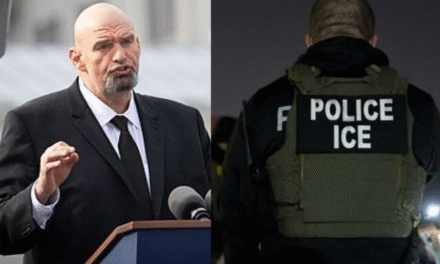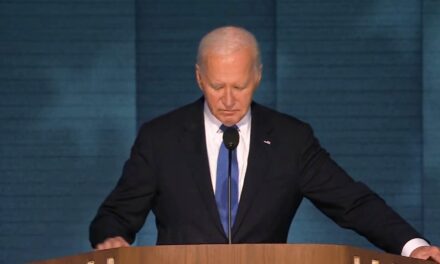The case could set a precedent for parental rights and religious liberty in public education.
The Supreme Court heard oral arguments on Tuesday in a case weighing parents’ religious objections to their children reading LGBTQ materials in public schools.
During oral arguments, the majority of the Court appeared to be more sympathetic toward the parents seeking religious exemptions than toward the school district, which is hoping to avoid being required to accommodate such exemptions.
“The plaintiffs here are not asking the school to change its curriculum,” said Justice Samuel A. Alito Jr. “They’re just saying, ‘Look, we want out.’ Why isn’t that feasible? What is the big deal about allowing them to opt out of this?”
The case originated in a lawsuit filed by Maryland parents after Montgomery County Schools retracted a policy that would have given parents notice and a chance to opt out before students read one of the district’s new “inclusive” books in class. The district-mandated stories, according to the plaintiffs, “celebrate gender transitions, explore Pride parades, and introduce same-sex romance between young children.”
The lack of an opt-out policy concerned religious parents in the district such as lead plaintiffs Tamer Mahmoud and Enas Barakat, whose family is Muslim, as well as other families belonging to the Catholic and Ukrainian Orthodox churches.
In Mahmoud v. Taylor, the Court has been asked to answer whether schools burden parents’ religious liberty when they “compel elementary school children to participate in instruction on gender and sexuality” despite their parents’ religious objections, especially without providing notice or a chance to opt out.
“There’s no basis for denying opt-outs for religious reasons,” Eric S. Baxter, the attorney representing Maryland parents, told the justices during oral arguments. “Parents, not school boards, should have the final say on such religious matters.”
Attorneys for the school district are arguing that an opt out policy ceased to be feasible after teachers received a “growing number of opt-out requests” and the district began to fear the “risk of exposing students who believe the storybooks represent them and their families to social stigma and isolation.”
Throughout oral arguments, the liberal justices on the Court also questioned the necessity of religious exemptions over LGBTQ reading materials. Justice Ketanji Brown Jackson suggested that parents seeking exemptions avoid public schools entirely by homeschooling or sending their children to private schools.
“Most parents don’t have that option,” Baxter responded, noting that families with two working parents often cannot afford to pay for K-12 education or lose an income so that a parent can homeschool.
Some education organizations are speaking out in support of the Maryland parents, believing the case will offer a landmark decision to school districts across the country that have provoked the same conversations about parental rights and religious exercise.
“When a curriculum is so extreme it unites Jews, Muslims, and Christians in opposition—and the district spends $1M to fight parents all the way to the Supreme Court—you know it’s not about education,” wrote Nicki Neily, president of Defending Education, in a post on X. “It’s about power.”
Legacy news organizations such as NPR, meanwhile, have received pushback on their coverage of the case, with some accusing the outlet of concealing the ethnic and religious diversity of the plaintiffs.






